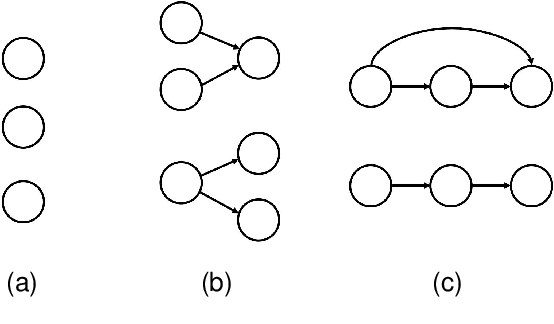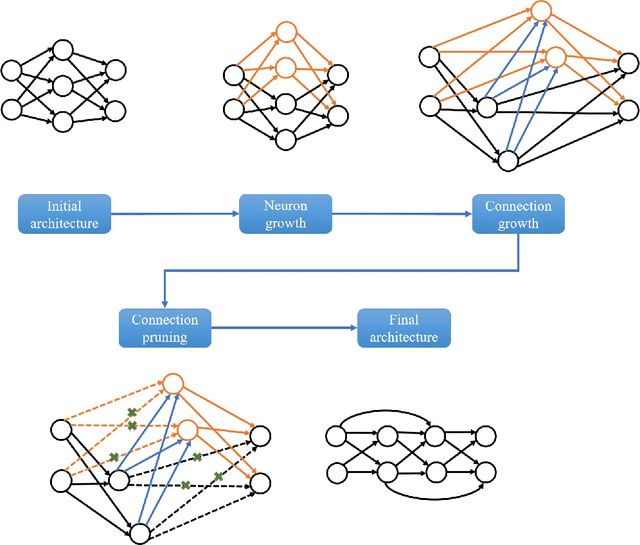SCANN: Synthesis of Compact and Accurate Neural Networks
Paper and Code
Apr 19, 2019



Artificial neural networks (ANNs) have become the driving force behind recent artificial intelligence (AI) research. An important problem with implementing a neural network is the design of its architecture. Typically, such an architecture is obtained manually by exploring its hyperparameter space and kept fixed during training. This approach is both time-consuming and inefficient. Furthermore, modern neural networks often contain millions of parameters, whereas many applications require small inference models. Also, while ANNs have found great success in big-data applications, there is also significant interest in using ANNs for medium- and small-data applications that can be run on energy-constrained edge devices. To address these challenges, we propose a neural network synthesis methodology (SCANN) that can generate very compact neural networks without loss in accuracy for small and medium-size datasets. We also use dimensionality reduction methods to reduce the feature size of the datasets, so as to alleviate the curse of dimensionality. Our final synthesis methodology consists of three steps: dataset dimensionality reduction, neural network compression in each layer, and neural network compression with SCANN. We evaluate SCANN on the medium-size MNIST dataset by comparing our synthesized neural networks to the well-known LeNet-5 baseline. Without any loss in accuracy, SCANN generates a $46.3\times$ smaller network than the LeNet-5 Caffe model. We also evaluate the efficiency of using dimensionality reduction alongside SCANN on nine small to medium-size datasets. Using this methodology enables us to reduce the number of connections in the network by up to $5078.7\times$ (geometric mean: $82.1\times$), with little to no drop in accuracy. We also show that our synthesis methodology yields neural networks that are much better at navigating the accuracy vs. energy efficiency space.
 Add to Chrome
Add to Chrome Add to Firefox
Add to Firefox Add to Edge
Add to Edge